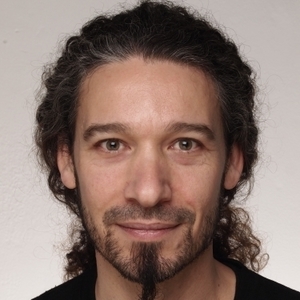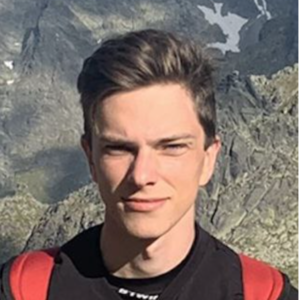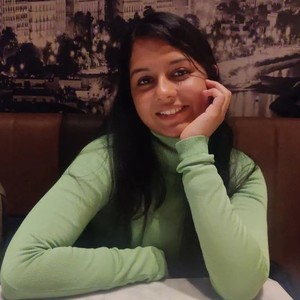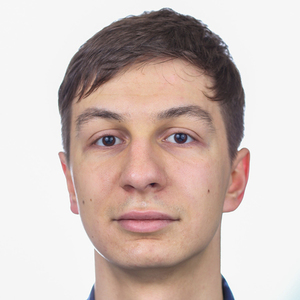Human Pose, Shape and Action
3D Pose from Images
2D Pose from Images
Beyond Motion Capture
Action and Behavior
Body Perception
Body Applications
Pose and Motion Priors
Clothing Models (2011-2015)
Reflectance Filtering
Learning on Manifolds
Markerless Animal Motion Capture
Multi-Camera Capture
2D Pose from Optical Flow
Body Perception
Neural Prosthetics and Decoding
Part-based Body Models
Intrinsic Depth
Lie Bodies
Layers, Time and Segmentation
Understanding Action Recognition (JHMDB)
Intrinsic Video
Intrinsic Images
Action Recognition with Tracking
Neural Control of Grasping
Flowing Puppets
Faces
Deformable Structures
Model-based Anthropometry
Modeling 3D Human Breathing
Optical flow in the LGN
FlowCap
Smooth Loops from Unconstrained Video
PCA Flow
Efficient and Scalable Inference
Motion Blur in Layers
Facade Segmentation
Smooth Metric Learning
Robust PCA
3D Recognition
Object Detection
Collecting Data - From the Idea to the Publication
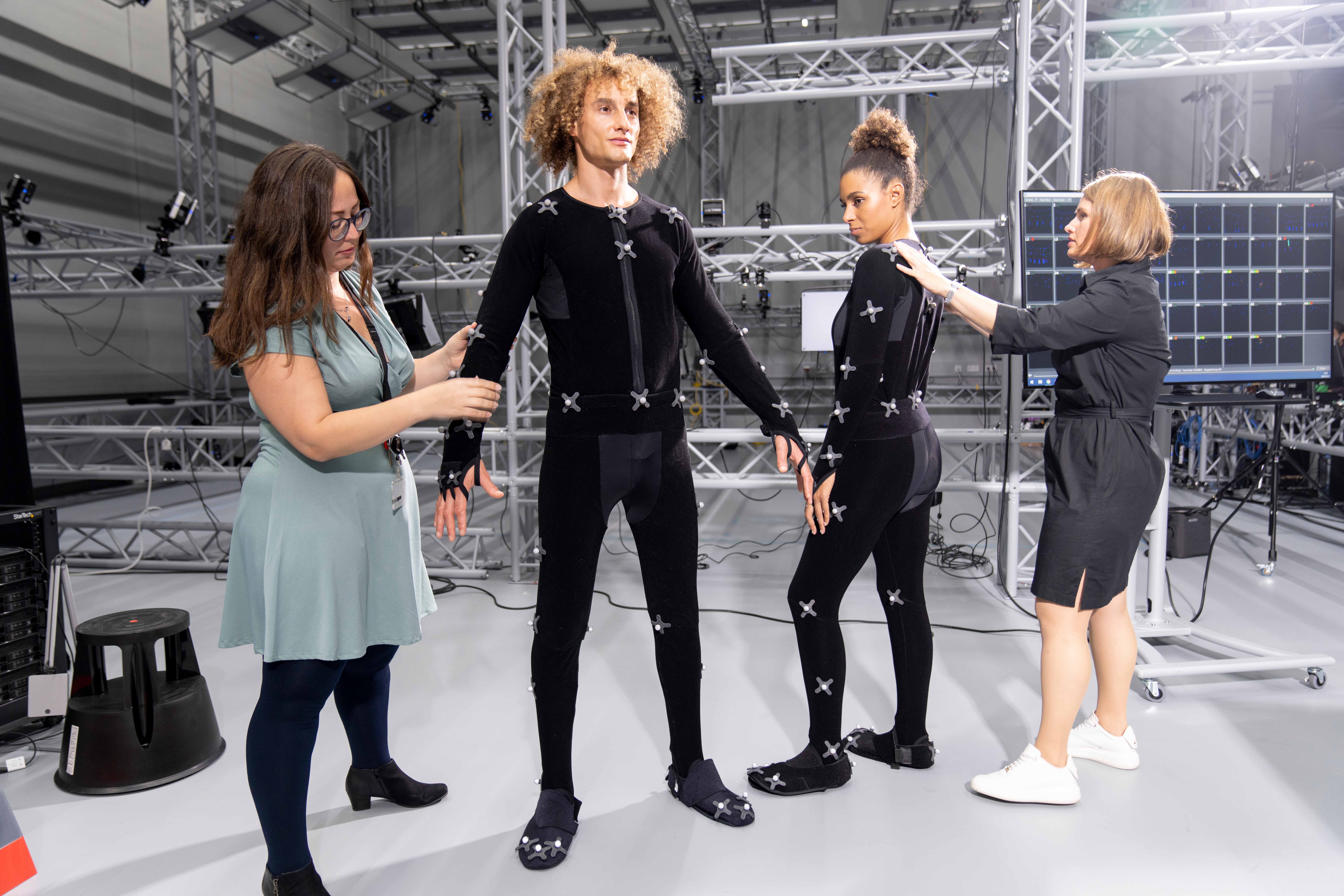
Trial Coordination
Depending on the study design, we recruit participants through e-mails to the campus or different institutions, distribute flyers and posters, or contact specific people with the right set of skills or features (actors, musicians, yoga instructors, people from a specific age group or fitness level, etc.).
Trial Coordinators schedule the experiments, carefully explain details about the study and how the data is going to be stored and used. Participants sign a consent form that specifies how their data may be used. For each session, we store this information about how the data may be published or shared. Depending on the protocol, the data capture may involve taking body measurements, putting on motion capture markers, applying make-up, or preparing clothing.
Participants receive 12 EUR per hour for taking part in the trials. The trial coordinators handle this payment.
Data Protection and Ethics
The Data Team is responsible for preparing and submitting proposals to the University of Tübingen Ethics Board and the Max Planck Society Ethics Committee and for adapting study protocols to the feedback we receive form the boards.
Data protection and our participants’ privacy and trust are of great importance to us. We collect, store, process and share data in accordance with German national law, European Union regulations and the rules and standards of the Max Planck Society. In addition, we have internal procedures and measures to maintain awareness of the data privacy and data handling. We have developed a data-handling training course for department members that focuses on general rules as well as specific good practices for every step of the workflow with human subject data.
Data Management and Processing
Data Team members are responsible for pre-processing steps after data is collected. Organizing and securing raw data are the first key steps in often complex pipelines.
Providing clean Motion Capture data (without inconsistencies in marker labelling) is one of the most challenging processing tasks. While multiple team members are trained to do this manually, we are moving towards using an in-house software solution to automate and speed up the process.
Perceptual Experiments and Labeling Data
The data team designs and conducts perceptual studies on Amazon Mechanical Turk. This allows us to validate results, label data, and determine its quality. To do so, we design HTML templates and more complex tool. Our custom apps allow regions or key points to be marked in 3D.
Members


